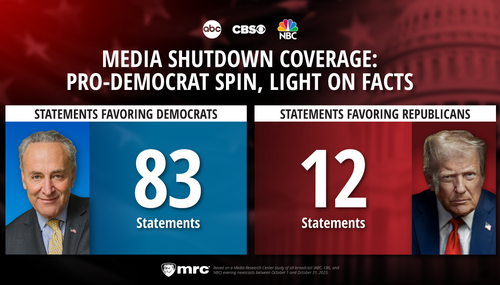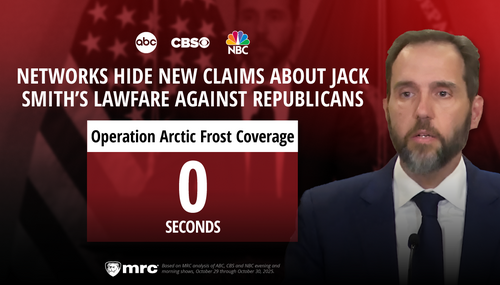Facebook is finding some forms of government regulation to be too much for the company, even as CEO Mark Zuckerberg calls for more of it.
Facebook has been "legally compelled," according to Bloomberg News, by the government of Singapore to block access to a fringe news website States Times Review (STR) after it posted rumors about the government’s handling of the coronavirus outbreak. Facebook told Bloomberg News that it would comply on Feb. 19, but declared it is "deeply concerned about the precedent this sets for the stifling of freedom of expression.”
The Singaporean law behind this order was the Protection from Online Falsehoods and Manipulation (POFMA) bill. Amnesty International’s Regional Director for East and Southeast Asia Nicholas Bequelin, has condemned the law, theorizing that “This bill would give the Singapore authorities unchecked powers to clamp down on online views of which it disapproves.”
Singapore’s Minister for Communications and Information declared that “The STR Facebook page has repeatedly conveyed falsehoods and not complied with any of the POFMA Directions that it has been served with.”

Facebook founder Mark Zuckerberg wrote about the potential for regulation over Big Tech in an op-ed for the Financial Times, saying that “I believe good regulation may hurt Facebook’s business in the near term but it will be better for everyone, including us, over the long term.” That said, his platform appears to be wary of this level of regulation from Singapore.
A Facebook spokesman told Bloomberg News in an emailed statement that "We believe orders like this are disproportionate and contradict the government's claim that POFMA would not be used as a censorship tool." The spokesman added later how "We've repeatedly highlighted this law's potential for overreach and we're deeply concerned about the precedent this sets for the stifling of freedom of expression in Singapore."
BBC claimed that Singaporean authorities took issue with a post STR had made in January. The authorities reportedly claimed that STR had "falsely claimed that Singapore had run out of face masks." The government followed up by demanding a correction at first, according to BBC, and then ordered it to carry a notice on its website which warned readers that the website has “a history communicating falsehoods.”
When STR “did not carry out the notice[s],” reported BBC, the Singaporean government demanded that Facebook block access to that website from their platform, meaning that users could not share or click links to it.
Facebook has had to enforce the demands of the Singaporean government before apparently, albeit with similar lack of enthusiasm, writing to STR that Facebook is "legally required to tell you that the Singapore government says this post has false information," wrote BBC.
If Facebook had not complied, it could have been reportedly fined up to a total of S$500,000 in Singapore dollars, which is $359,228 in U.S. dollars.
This is not just an eastern phenomenon. The UK has already reportedly threatened to begin jailing tech executives for not policing their own platforms enough.





